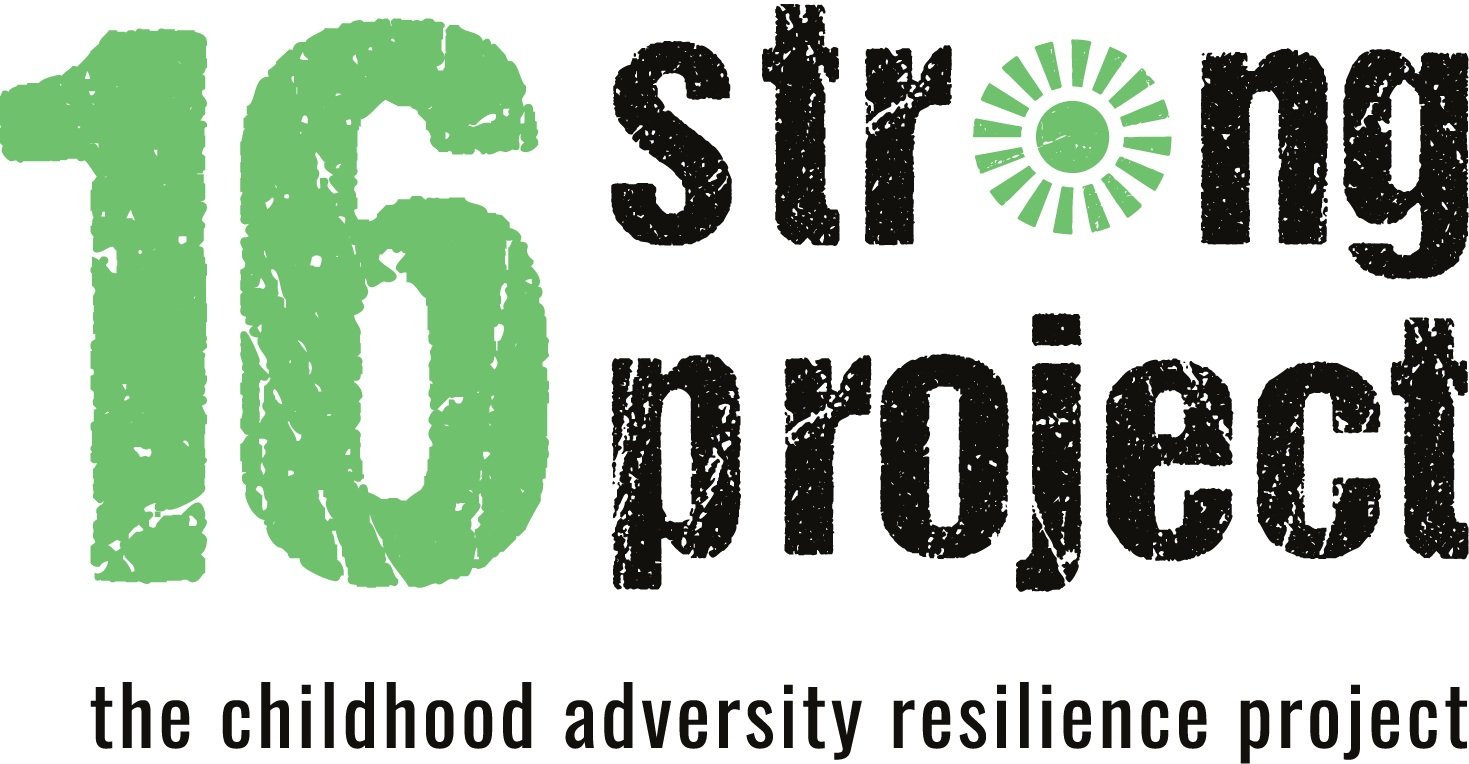ACEs Made Me Who I Am
Before I was five, I’d lived in poverty, had parents that were divorced—my mom was a single parent of two, chronically depressed and could barely make ends meet—I experienced emotional and physical neglect regularly, and with few options for childcare, was frequently left in the hands of people who physically and sexually abused me. These circumstances ended up having profound impacts on my behavior, self-esteem, decision making ability and overall life because by the time I was 30, I found myself in the grips of anxiety, depression, multiple eating disorders and PTSD. Luckily, my story doesn’t end there.
Around the time I turned 30 and saw that my life wasn’t going all that great, I decided to enroll in college. In this pursuit, I found myself diving deeper into the subject of psychology. It was fascinating to learn so much about myself and this only piqued my curiosity further. Before I knew it, I was enrolled in the behavioral science program at Bellevue University. This experience was life changing because the more I learned the more I healed; and the more I healed the further I excelled in life. I found myself striving for greatness in all areas, my home life, health, even my relationships improved. Things really changed though when I found myself employed at one of the local Title I schools in my city.
As I spent more time with my students, I began to realize that my experiences in life: poverty, abuse, neglect, and abandonment, were similar to theirs. Seeing myself in these children made it easy to relate to their hardships and reminded me of how my education also suffered. This is when it became clear to me that adverse childhood experiences negatively impact our cognitive function. This perspective gave me insight into their lack of motivation and inability to comprehend, and after just a few short weeks we began making progress. Uncovering this truth made it possible to connect with my students on a much deeper level, creating a more receptive mindset, and a better learning environment for all. This is when I knew that I had to keep sharing my story and that these circumstances, as difficult as they were, would provide the fuel required to help others.
